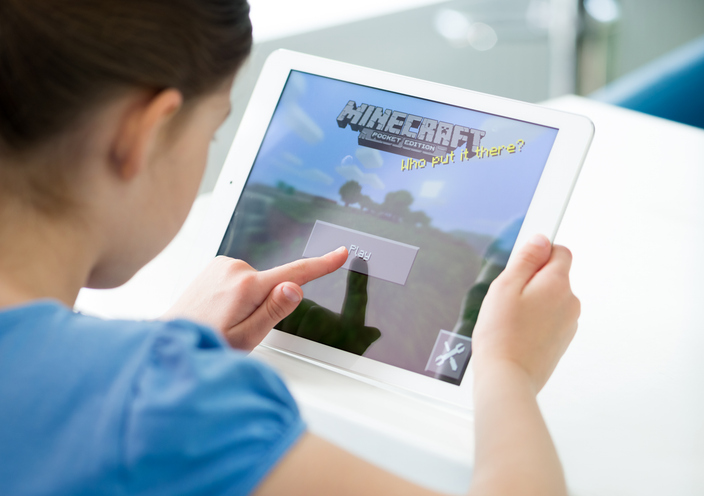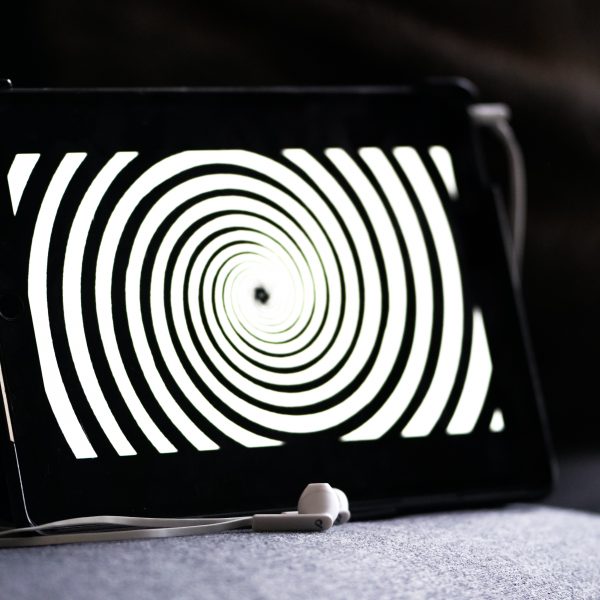Children’s screen time may be more creative than once thought

Preschool teacher turned PhD candidate Kenneth Pettersen is on a mission to change perceptions on screen time and play.
“When people talk about ‘screen time’, the implication is that this is time distinct from the time when kids are not using a screen. But for young children, that’s not always the case,” Mr Pettersen, who completed his research at the University of Oslo said.
In his PhD research project, Mr Pettersen did a deep dive into the play of a group of three- to six-year-olds, concentrating on three boys who enjoyed playing video games. He observed these youngsters both in preschool and home settings for a total of 64 days over an 18-month period.
“I soon noticed that the digital worlds ordinarily associated with YouTube and the Minecraft video game manifested in what appeared to be all-analogue play. For example, the children were using concepts, game logic and characters from Minecraft gaming while building with physical construction toys at preschool,” Mr Pettersen said.
His overarching message for educators and parents is “be as curious about screen play as any other play.”
For children who have grown up as digital natives, he said, there is not always a distinction between analogue and digital play, and as such, he is calling for a more nuanced debate on screen time among children.
He believes that if people really examine screen play, looking beyond the digital gadgetry, they may well arrive at a different view of screen time.
“YouTube use might on the face of it seem very passive and sedentary …but juxtapose it with other kinds of play, over several days, and you’ll likely find that children are incorporating it creatively in other kinds of play, including where there is nothing digital involved,” he continued.
Not all screen time, however, is positive, and throughout his research Mr Pettersen found situations where game logic constrained play and was destructive.
“Any playtime has upsides and downsides, and the same goes for this type of play. My point is that instead of being blinkered about screen time, we need to be sensitive and curious about play linked to on-screen experiences,” he added.
“This means that we could be looking at whether recurring patterns are positive or negative, and then supporting the good sides.”
A comprehensive overview of the research can be found here.
Popular

Practice
Provider
Quality
Research
Workforce
New activity booklet supports everyday conversations to keep children safe
2025-07-10 09:00:16
by Fiona Alston

Quality
Practice
Provider
Workforce
Reclaiming Joy: Why connection, curiosity and care still matter in early childhood education
2025-07-09 10:00:07
by Fiona Alston

Policy
Practice
Provider
Quality
Research
Workforce
Beyond the headlines: celebrating educators and the power of positive relationships in early learning
2025-07-07 10:00:24
by Fiona Alston













